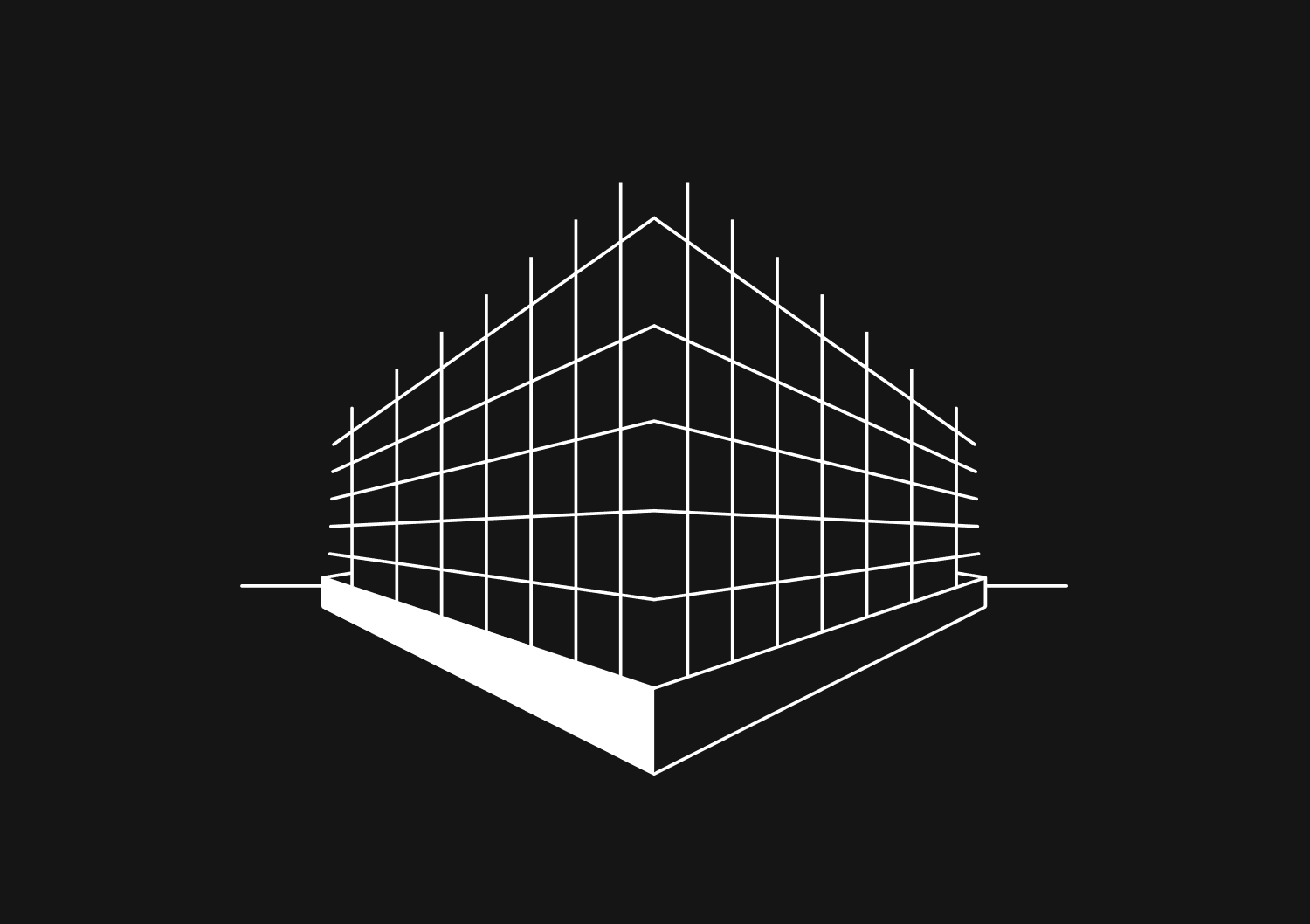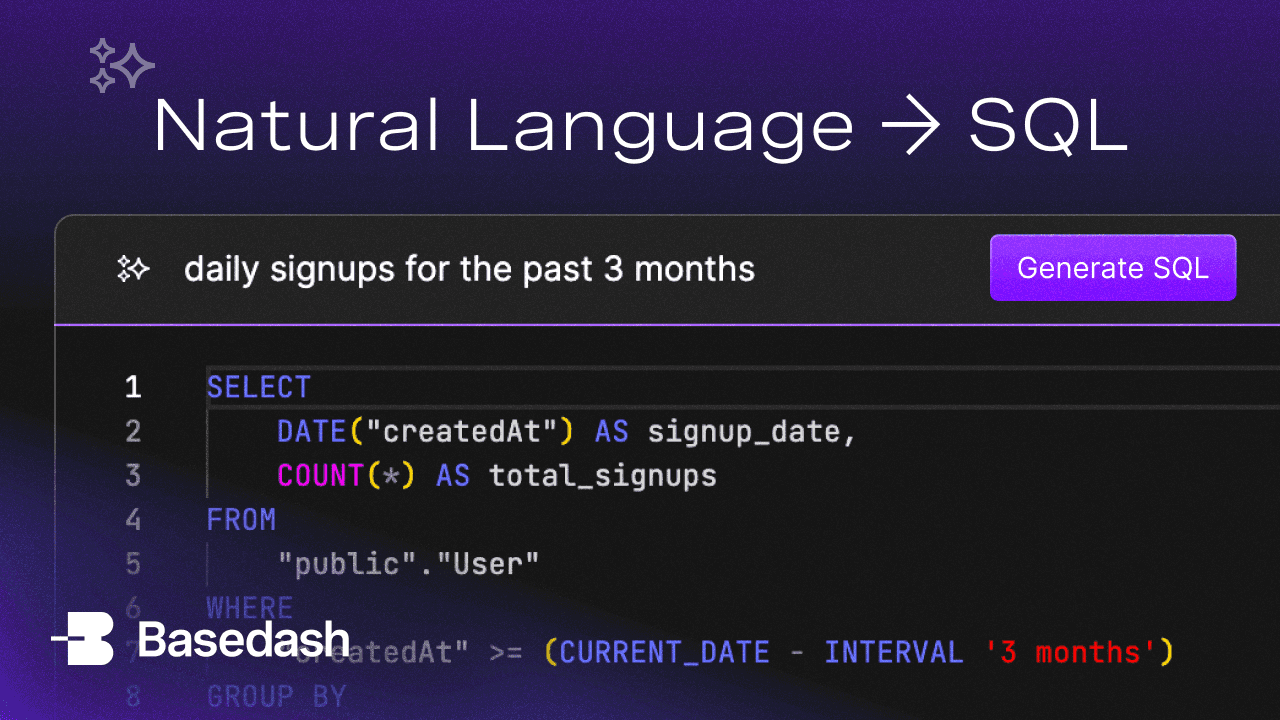
Strong Foundations Create Large Companies
My Misconception About Startups
The main focus of a startup is to build a product that people love. Like many insightful ideas, this one is both extremely clear and simple, yet wildly misunderstood until is is fleshed out by personal experience. It’s the type of insight which, appearing inherently simple, I believe I understood right away—“of course”, I thought, “this is obvious, everyone knows this”.
The reality was that my understanding was shallow, and not fleshed out. What I found out is that the ‘build’ in this piece of conventional wisdom is essentially up for interpretation. For some, it might mean solely building a product which customers are asking for. For others, it might mean build out a fleshed out, expertly designed product based on deep market and consumer insights.
The Real Main Focus of a Startup
After 3 years of working in startups, my interpretation of the ‘build’ is now simple and plain: The primary focus of an early-stage startup is to build a foundation—a collection of core components that are resilient, adaptable, and which can be combined to create an innovative and useful product. What I mean by pieces could not be more simple—the essential components to your business, service, or product, which are built with great engineering or business practices; that is, built with craft and care.
The truth is, in the early stages of a startup, and by this, your idea of the product or service that customers or markets want will be consistently changing, improving, and moving from a shallow idea towards something illustrated with detail through real experiences.
The thing that will actually remain consistent throughout the first few years are the core components which you and your team have created. They will be the ground you stand upon as you are building upwards. If they are built without craft and care, they might crumble, and thus everything you build atop them may too fall. Once they are built and you have a few of these components, you will exponentially accelerate your ability to build an exciting product.
Case Study: Basedash
Take Basedash as an example. At Basedash, we recently built Roles, a feature which gave our product the ability to enable or restrict access to data based on whether or not a user in a team has a specific role. Of course, this is just permissioning, and any software worth discussing offers permissioning without question, be it your operating system, or an advanced web application like Figma.
We spent great care building Roles, ensuring that we designed it the right way from the start. We had to have many discussions to ensure that we could provided the most seamless and simple user experience. We needed to ensure that the right considerations were made to accommodate our existing backend architecture, and had to ensure that the new endpoints we created were efficient, optimized, robust, and followed best practices.
Roles is not something which you could unveil at a conference, or be interviewed for on Hacker News. When I would explain to friends that I was working on Roles, they didn’t say “Wow, that will change everything”. Instead, they politely nodded, looking quite bored. But Roles was really useful for our customers, especially as larger teams and organizations began using our product.
Strong Foundations Let Us Move Fast
Now, here is they key point to this: Two months later, we wanted to introduce a new feature which would allow any user to create their own front-end application for their database in seconds, with zero code. We decided to call this new feature Apps. Now, Apps, when our founder first pitched the idea to us, sounded quite new and exciting. It sounded like it could be something that could define the next generation of internal tools.
Given how long it took to create Roles, we would expect Apps to take 6 to 12 months to build before it would be ready to release to our customers. But remember what I said about building foundations—Basedash had already spent a year building an unmatched front end for interacting with company-scale databases, and Roles was simply a permissioning system, that was built and designed such that it could be adaptable and robust.
Because we had these foundations that were built with craft and care, Apps did not take 6 to 12 months to build. In fact, our founder built the first version of it in two days using the foundations we already had, and within a week, Apps was already available under a feature flag. Two weeks later it was out, ready, and shipped.
Build the Foundation
I think in the early stages of a startup, this pattern of building unexciting foundational features with care and diligence, eventually means that at one point, your company will have a collection of strong foundational building blocks. With these blocks, you can combine and use them to build innovative and exciting new features—ones which have the potential to change entire industries.
That, in my opinion, is how you turn an early-stage startup into a large company—through diligently building a strong foundation, which you can use to build an unprecedented product that customers love.
I have explicitly discussed technical features, but I believe this idea of core components extends to all the core competencies of an early stage company, whether that be your marketing efforts, your strategy for acquiring and retaining customers, or your financial practices.
If you want to try out Apps, you can sign up for Basedash free, here: https://app.basedash.com/signup
Invite only
We're building the next generation of data visualization.






